Work Begins on $19 Million Research Project on Cattle Grazing, Soil Health, Rancher Well-Being
Project will impact working ranches and rural communities, while quantifying the value of soil health and other ecosystem functions.
ARDMORE, Oklahoma – Ground has broken — quite literally — on a $19 million research initiative aimed at understanding how a farmer or rancher’s grazing management decisions impact soil health and, in turn, how soil health can positively impact land and producer well-being.
The inaugural field sampling took place on Noble Research Institute’s ranches in southern Oklahoma in April 2022 with a second sampling session completed this week (June 29). Field sampling was also conducted in June at the Michigan sites, and a final sampling session has been scheduled in August for the project’s Wyoming locations.
The collections are part of the Metrics, Management, and Monitoring: An Investigation of Pasture and Rangeland Soil Health and its Drivers, also known as the 3M project, one of the most robust investigations of ecosystem functions across time and space, diversity of landscapes, and gradients of management.
During each sampling session, researchers from Noble, Michigan State University, the University of Wyoming, Colorado State University and Quanterra Systems (UK) collect soil samples, perform water infiltration tests, assemble energy flux monitoring towers and take multiple vegetation measurements to be tied back to satellite imagery.
These field samplings occur on the project’s intensive measurement sites at ranch properties owned and managed by Noble, Michigan State and the University of Wyoming. The samplings are only the first step in a project that will span six years.
“Farmers and ranchers will directly benefit from this project, and they will also be actively involved,” said Isabella C. F. Maciel, systems researcher at Noble and project co-lead. “Next year, we look forward to taking similar measurements at 60 producer-owned/managed sites located across Oklahoma, Texas, Colorado, Wyoming and Michigan.”
In addition to taking ecological measurements, researchers at Michigan State and Oregon State University will seek to understand socio-economic barriers to adoption of soil-health-related management in cow-calf operations. Understanding barriers will result in educational pathways for large-scale adoption of management principles leading to more profitable, resilient and productive ranches across the U.S.
Jason Rowntree, professor of the C.S. Mott Endowed Chair of Sustainable Agriculture at Michigan State and project co-lead, said the coalition spent at least two years building a “dream team” approach for grazing research, which resulted in what Rowntree believes is the largest funded grazing ecological research grant awarded.
“To see our team in action and all our planning come together is exciting,” Rowntree said. “To actually be out there in the field and scaling up — it’s rewarding to know that what we’re doing could have global impact on ranchers.”
The Foundation for Food & Agriculture Research awarded Noble Research Institute a $9.5 million grant to lead this critical research that is focused on impact soil health on pasture and rangeland (commonly called grazing lands). Noble Research Institute is providing $7.5 million to this project, with additional financial contributions from Greenacres Foundation, The Jones Family Foundation and ButcherBox.
For decades, farmers and ranchers who have followed soil health principles have improved the overall health of their land. The connection to economics and improved producer well-being, however, have – to this point – been largely anecdotal.
The 3M project seeks to quantify these observations and examines how management decisions on grazing lands are connected to the overall health of the ecosystem, economics and the well-being of farmers, ranchers and land managers.
While in its infancy, the project represents a platform from which additional research and expansion of its geographic footprint can occur. Scaling would be intended to add additional economic understanding and resolution to the research. As the project continues, the team will actively explore private and public funding opportunities to enable additional project development.
“We see expanding this research to include other states and partnering with market partners to deliver beef to consumers through varied market channels,” said Steve Rhines, president and CEO of Noble Research Institute. “This would allow us to create a clearer picture of the impacts of climate-smart grazing land management on farmer and rancher profitability, as well as consumer impacts.”
Photos
About Noble Research Institute
Noble Research Institute is the nation’s largest nonprofit dedicated to farm and ranch management and has been a leading, trusted resource in agriculture since 1945. The organization serves agricultural producers with education, research and consultation on regenerating soil health to improve their land, livestock and livelihood. Demonstrating its ongoing commitment to restoring U.S. grazing lands, Noble actively manages 13,500 acres of working ranchlands to provide real-world insights and applications for farmers and ranchers.
For more information about Noble Research Institute, visit www.noble.org.
For media inquiries about Noble Research Institute, please contact:
Kim Leaston | Sr. Public Relations Specialist | mailto:[email protected]
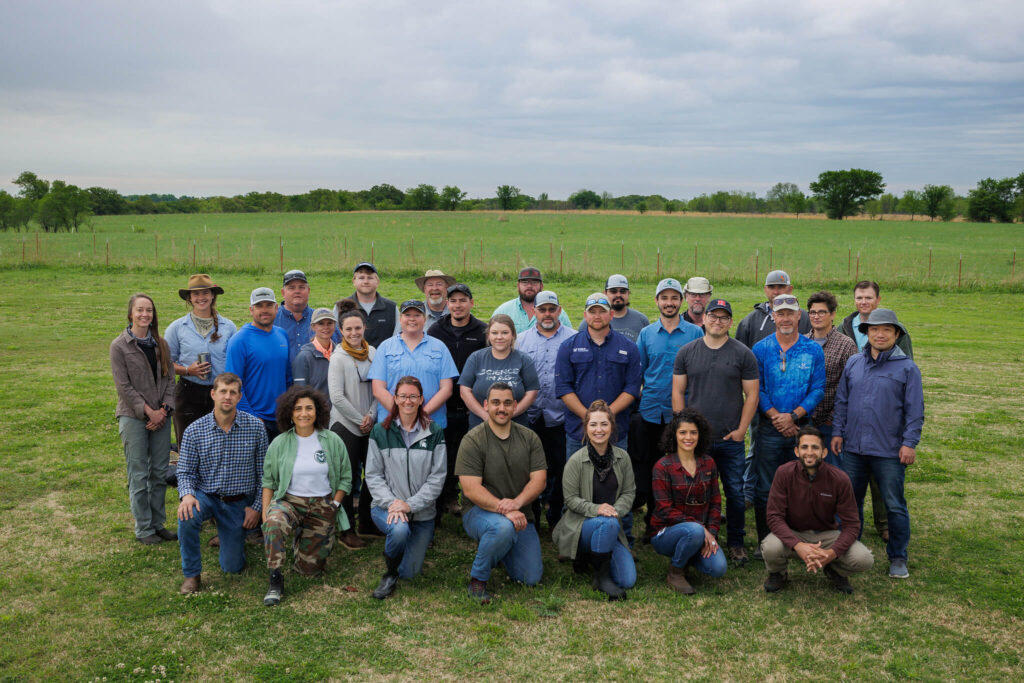
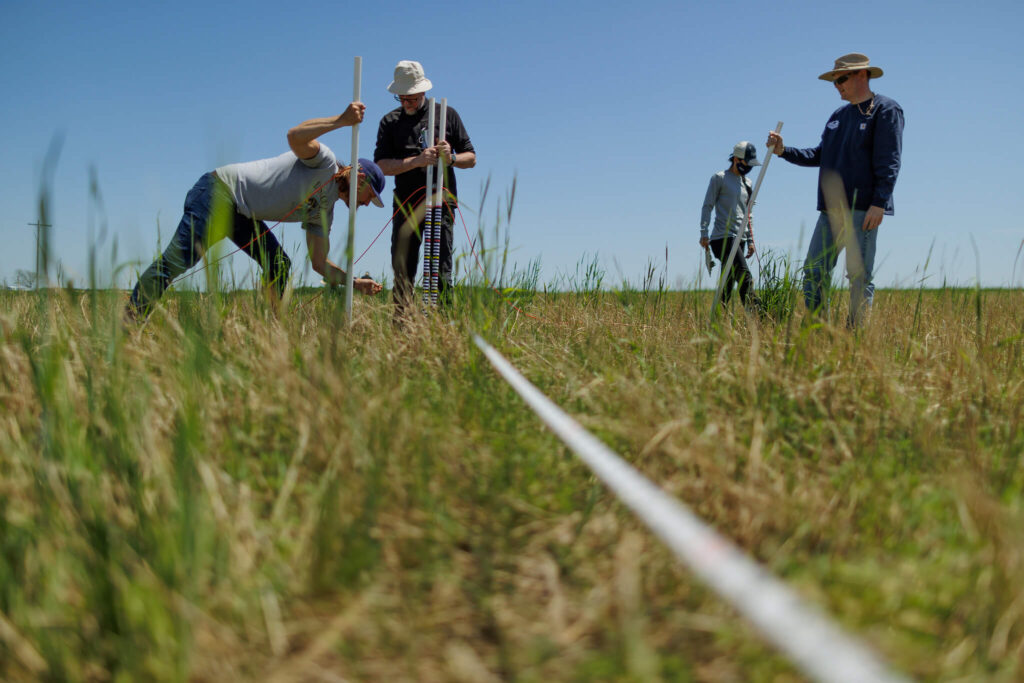
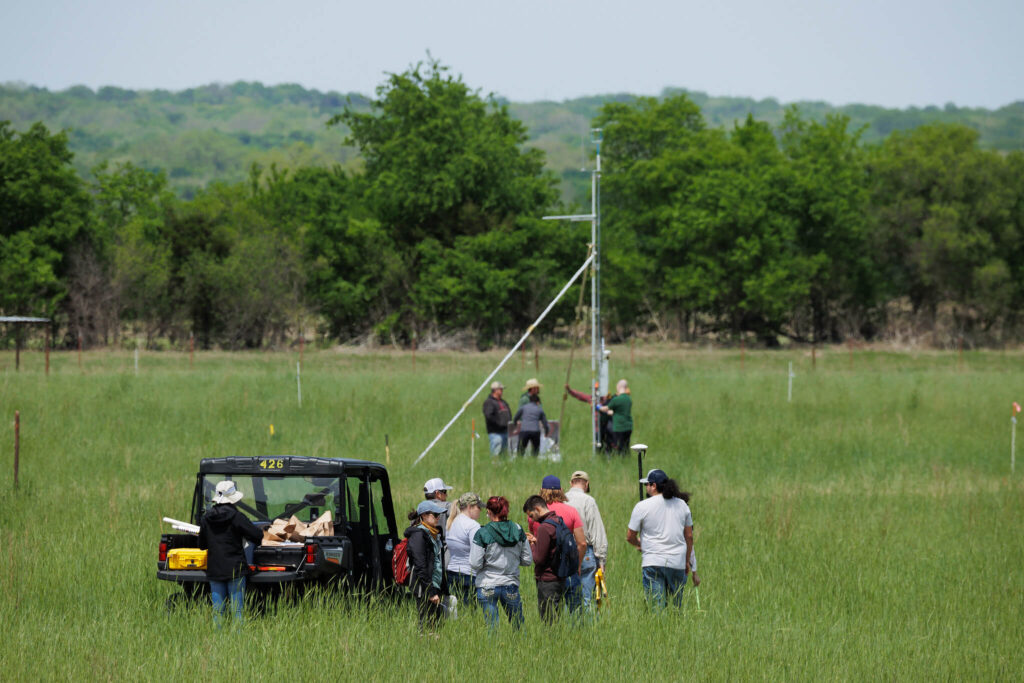
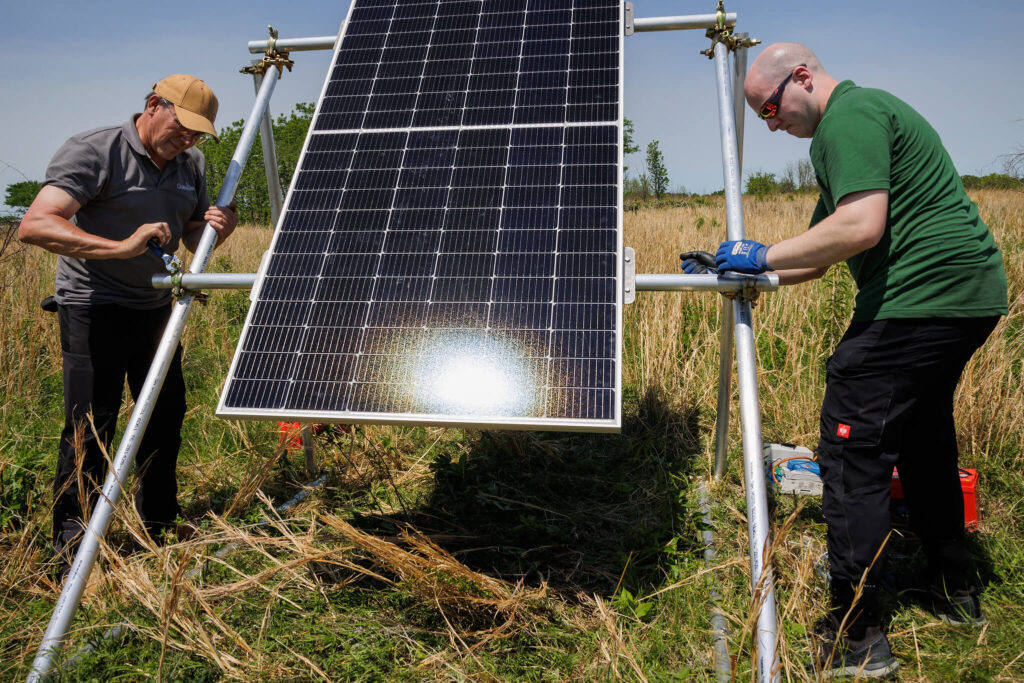
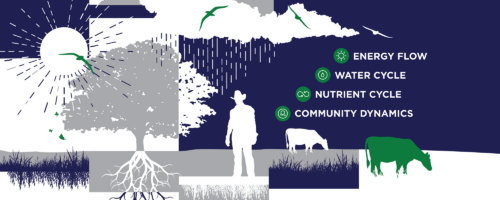
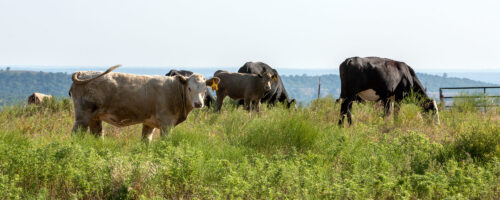
Comment